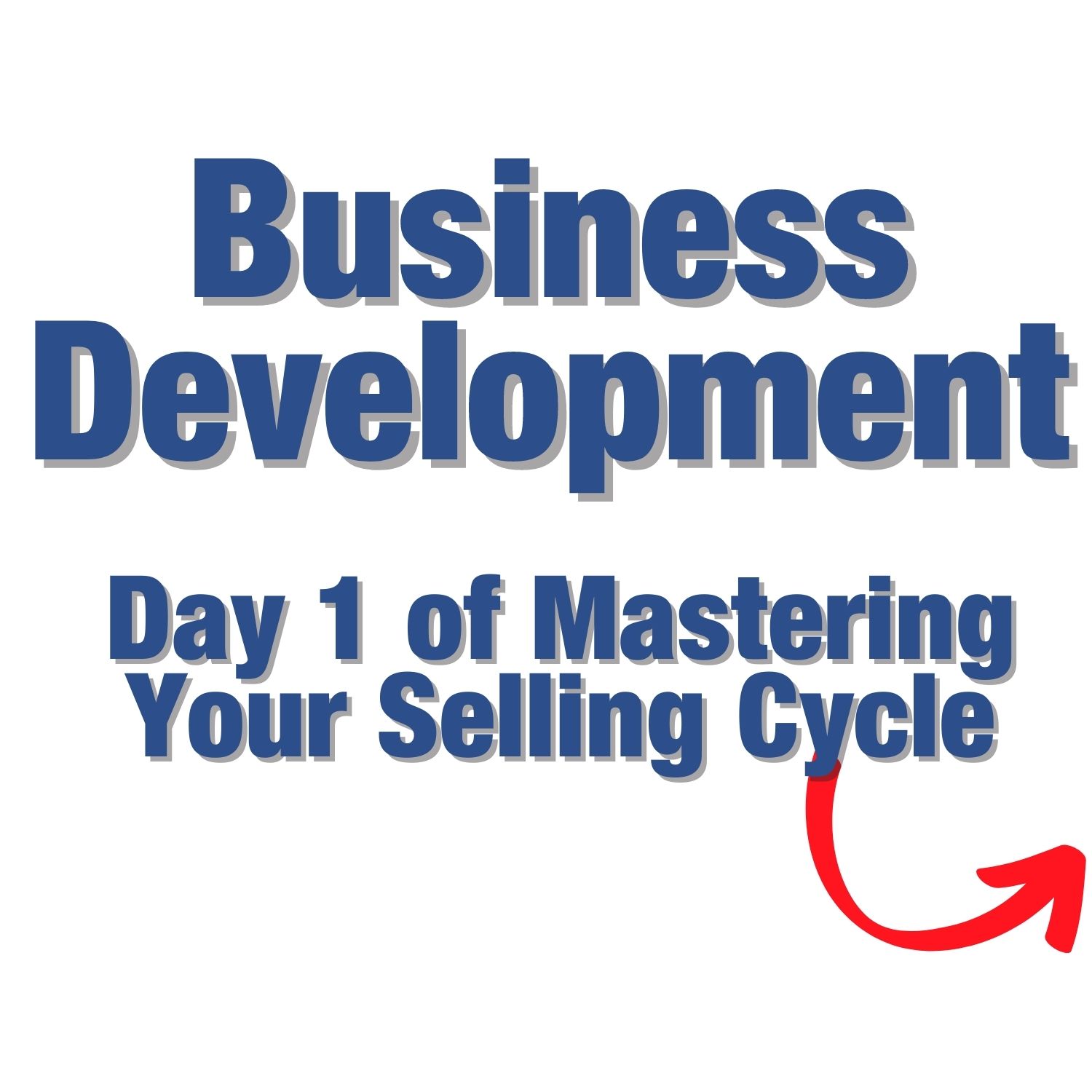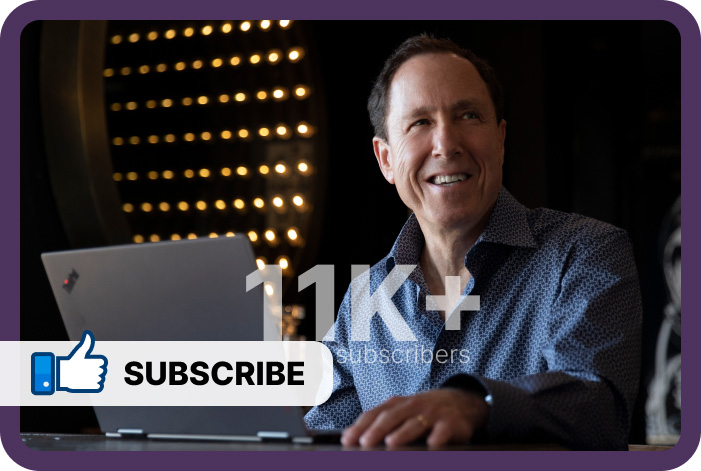There’s an unwritten rule in big business on the buyer-seller connection. If you’ve read my past posts, you already know a few things about this.
But, let’s go with the most important part.
When a seller is selling, they want to know who they’re selling to. On the other hand, the buyer wants to know who they’re buying from.
This means that the person is sometimes more important than the product.
I’ll explain.
Nowadays, there’s a blizzard of people trying to buy and sell stuff. In big business, the buyers are looking to build a network of trusted people or vendors.
It’s not easy to do this when it seems like everyone’s just interested in selling. The sellers who actually stop and pay attention to their buyers are a rare breed.
However, these buyers tend to lean toward people who show interest in their affairs.
I’ve already touched on some of the elements of a good presentation in some of the previous posts. Here, I’m going to focus on two critical aspects of good communication: shared reality and trust.
Shared reality is a simple technique that can earn a lot of goodwill. It requires you to listen to the other person and try to relate when they tell you things. For example:
- ”Oh yes, I understand. By the way, the picture on the wall, are those your kids?
- “Yeah.”
- “How old are they?”
- “In that picture? Oh, 13 and 15.”
- “Mine are 20 and 25. What sports do they play?”
It’s just small talk, but it builds a bond between you and the potential buyer.
It also lays the groundwork for them to trust you.
By listening, engaging, and sharing reality, you’re building that trust. You’re showing that you’re listening to them and want to find out more information.
This means you genuinely want to know more about those people.
At the end of the day, you want to be a person that they can trust. They want to know that you’ve got their back and that they can depend on you.
That can happen if you’d just try to be that person.
Be Awesome!


